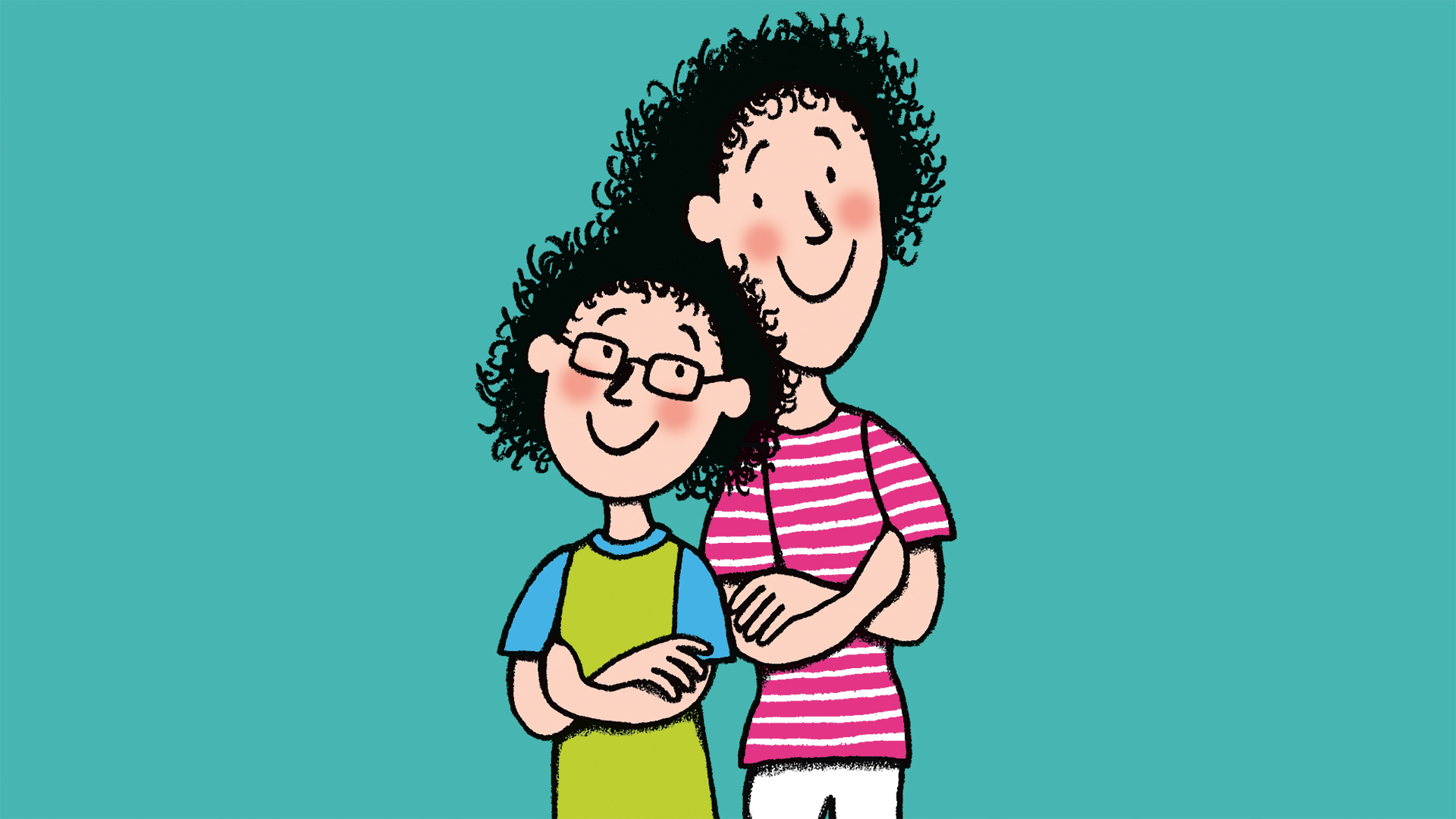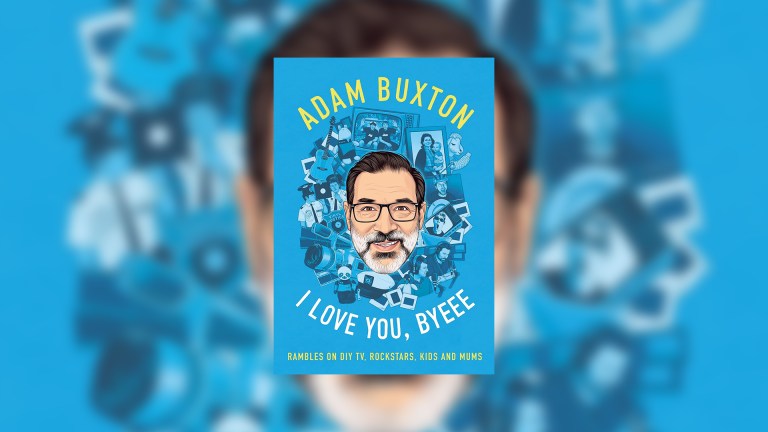Jacqueline Wilson wrote The Story of Tracy Beaker in 1991 and the subsequent series has now spanned generations. More than 3.5 million Beaker books have been sold and the CBBC adaptation is the channel’s most popular programme. Last year, Wilson published My Mum Tracy Beaker but some readers were disappointed that Tracy becoming a single parent in a council estate confirmed negative stereotypes of care-experienced people and denied her the happy ever-after fans hoped for.
So The Big Issue set up a meeting between Wilson and care-experienced young people from voluntary organisation Who Cares? Scotland. Wilson was bowled over by their bravery and hinted that it might spell a different path for her heroine.
The Big Issue: What was that meeting like with the young people who had experience of growing up in care?
Jacqueline Wilson: I’ve met many young people who are care-leavers, and also children currently in care. However, last year’s meeting was particularly interesting. They asked some challenging questions about my book My Mum Tracy Beaker, saying they wished Tracy had a dynamic successful career so she could change people’s ideas about what looked-after children can achieve. I know full well that some young care-leavers are shining aspirational role models – in the book, one of the characters from Tracy’s past is a headteacher, and another has set up her own business – but Tracy was never the sort of girl who would study and work hard!
She is a fantastic mother to her daughter Jess, though. And in We Are the Beaker Girls Tracy has a surprising new career. I’ve dedicated my new book to those young Scottish care-leavers I met last year. I thought they were fantastic and I was so touched when they gave me a scarf of their own special tartan.
Did they influence the new book?










